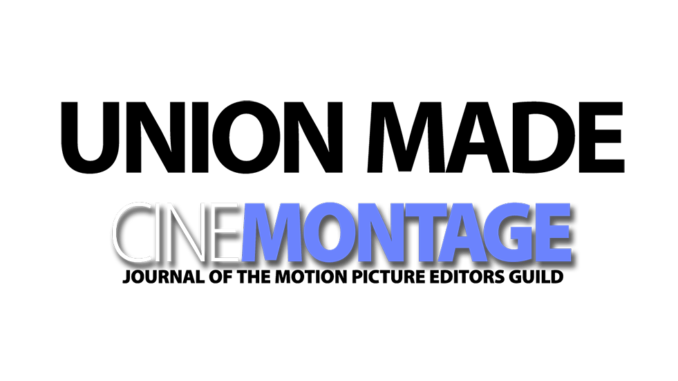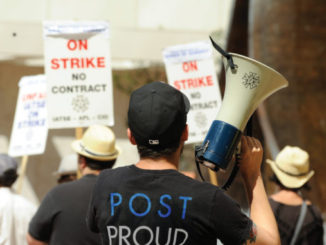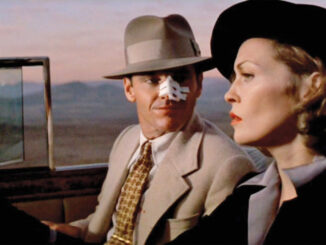
by Kevin Thangchaipinyokul
Growing up 30 miles away from the “Entertainment Capital of the World,” the closest I ever came to a movie set was the “remake” of The Matrix by my friend’s older brother when I was in middle school. The storyline was corny and the cast consisted of his friends and family with absolutely no acting experience. Yet at the time, I thought it was the best parody I had ever seen! It was so hilarious that I watched the VHS tape almost every day for three months. It was then that I knew, somehow, I wanted be a part of the entertainment industry.
Unfortunately, my parents did not believe in a television or film career, and thought that I could only be successful in the safe and respected field of medicine or business. Since I could not stand the sight of blood, business was the only logical college major to make my parents happy. For my electives, I took film classes and loved editing but, regardless, I graduated with a BA in accounting and was hired as an audit preparer for the State of California.
Now let’s get one thing straight: Math and working with numbers were definitely not my definitions of a dream job. The hours were long and I crunched numbers in my cubicle all day. After about a year, my girlfriend (now wife) noticed how unhappy I was. She knew my true passion so she researched film and editing classes, and encouraged me to enroll. Changing careers would be a great risk, especially financially, but she promised to do everything to help me while I went back to school. I ended up quitting my accounting job, enrolling in an Avid introduction course at USC and never looking back.
Beginning in an industry that is known for the common phrase, “It’s who you know,” was tough because I knew absolutely nobody. I started out interning at a few production companies that I found online, but none of those led to anything in post-production — where I really wanted to be. I began editing projects that I found on Craigslist, such as web documentaries and press junkets. After a few years, it felt like I was not making any headway and I thought I was doomed.
The grass is not always greener on the other side; it’s green where you water it.
I vented about my situation to my basketball buddy, Alex Hernandez, who told me he was an assistant editor in television. I had known Alex for over five years yet never knew! Living in Pomona, I did not think that he or anyone else in our city worked in the industry. He invited me to shadow him and his girlfriend, La-Aja Wiggins (now his wife, who was also an assistant editor), which I gladly accepted. One day, Wiggins said her boss was looking for a reality assistant editor and she recommended me. The job became my very first assistant editor position. I was ecstatic to be finally working on a show that would air on television!
After only one year of working on non-union reality shows, I was recommended for a union assistant editor position on The X Factor. My wife and mother thought my resume was impressive, but the post supervisor looked it over and pretty much said, “That’s it?” He thought I was very green, but I had come highly recommended, so he gave me a chance. Luckily I had over 100 non-union assistant editor days and was eligible to join the Editors Guild.
The X Factor was, and still is, the hardest show I ever worked on. It required supporting over 25 editors and many producers. Anything that could go wrong did go wrong on that show. I was constantly on my feet, handled as much as I could and learned when to ask for help. I have to thank all the assistant editors from that season because we went through the trenches together and, without them, I would not have survived.
Earlier this year, I landed my first scripted gig. It was very refreshing and a nice change of pace from reality but I truly believe in the saying: “The grass is not always greener on the other side; it’s green where you water it.” People sometimes look at reality so negatively but, to me, whether reality or scripted, every single day in the editing room feels like I’m at Disneyland, since I had worked as an accountant.
Ironically, when I look back at my accountant days — in that small cubicle with no windows, working long hours while never seeing the sun — I realize that it was actually very similar to my life now as an assistant editor. I’m still in a small room with no windows, working long hours while never seeing the sun, but instead of spreadsheets and numbers, I have dailies and scripts. And I wouldn’t have it any other way.





